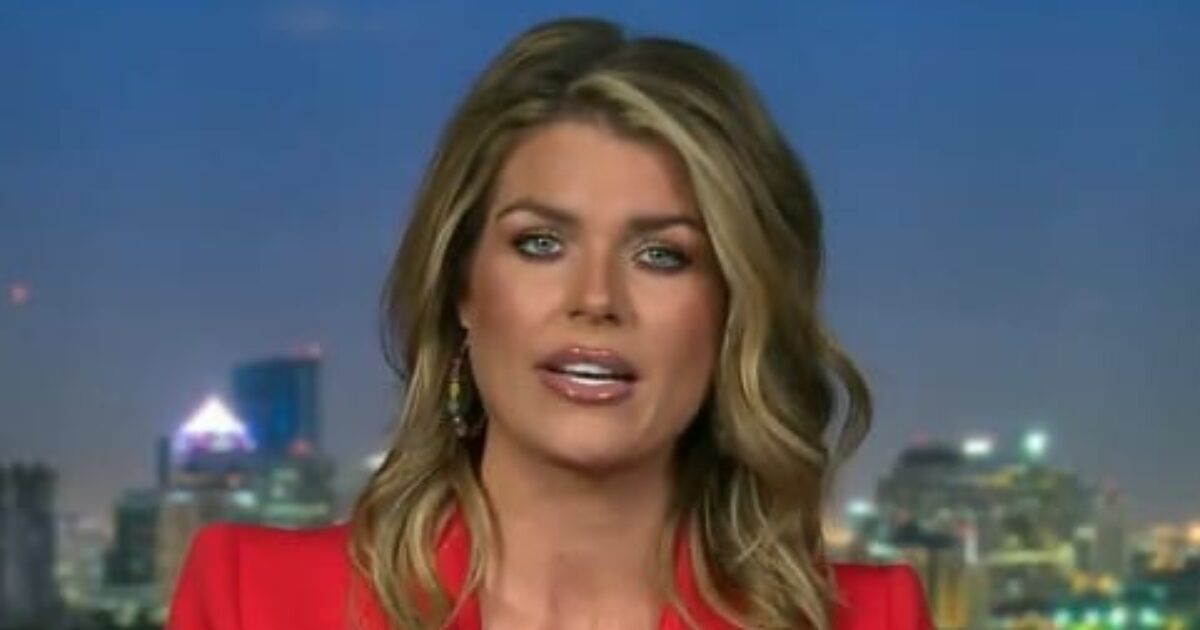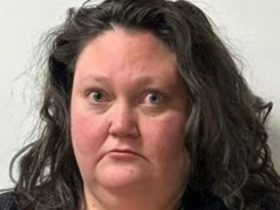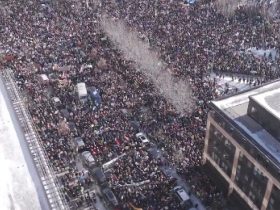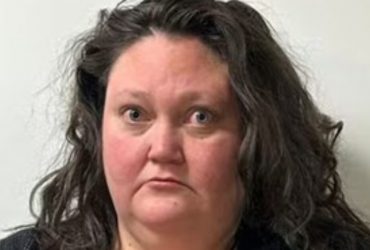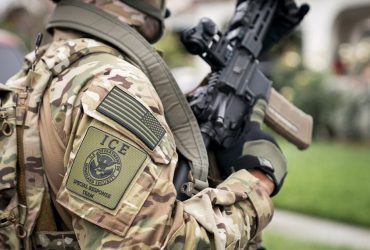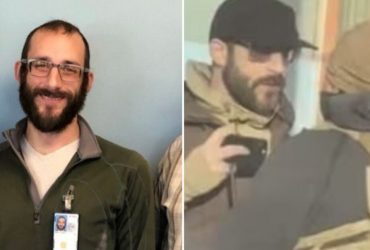On Wednesday, US District Court Judge Michael Nachmanoff grilled interim U.S. Attorney Lindsey Halligan in his courtroom during a hearing on disgraced former FBI Director James Comey’s attempts to dismiss his case for vindictive prosecution.
While the hearing was specifically about the vindictive prosecution, Judge Nachmanoff, towards the end of the hearing, found that Halligan had signed the two-count indictment without first presenting it to the grand jury. This left the case “hanging by a thread,” as reported by Politico:
“…the three counts should be just one count. It was the very first count that we did not agree on, and the Count Two and Three were then put in a different package, which we agreed on.”
The Court recognized that the “two-count true bill is the valid, operative indictment” after it was determined that the grand jury could agree on only two of the three counts presented.
The filing continues:
“The complete record eliminates any doubt:
The foreperson confirmed the vote.
The Court acknowledged the vote.
The Court docketed the two-count true bill as the operative indictment.
Only Count One lacked concurrence;
Counts Two and Three were true-billed by at least twelve jurors.
Tyler Lemons, the federal prosecutor who argued on behalf of the DOJ, said that the indictments were identical and that the second one was created as soon as the grand jury proceedings concluded and merely excised the one charge that the grand jury rejected, according to the FOX News report.
The argument seems to be that you do not need to re-present your case to a grand jury if they voted only on a portion of the indictment, if you don’t change the substance of the indictment without the charge that was voted against.
The DOJ’s Criminal Resource Manual states that:
“Ex parte Bain, 121 U.S. 1, 6 (1887). Cf. United States v. Miller, 105 S.Ct. 1811 (1985) (it does not constitute an unconstitutional amendment to an indictment to drop those allegations which are unnecessary to an offense that is clearly contained within it.)
“An amendment for the excising of surplusage that has the effect of narrowing a defendant’s liability without changing the meaning of the charge as it was presented to the grand jury is permissible.” (emphasis added)
Further, Cornell’s Amdt5.2.2 Grand Jury Clause Doctrine and Practice states that:
A person can be tried only upon the indictment as found by the grand jury—in particular, upon the language in the charging part of the instrument. A change in the indictment that does not narrow its scope deprives the court of the power to try the accused. Although additions to offenses alleged in an indictment are prohibited, the Supreme Court has ruled that it is permissible “to drop from an indictment those allegations that are unnecessary to an offense that is clearly contained within it,” as, for example, a lesser included offense.” (emphasis added)
During the hearing, it was reported that Nachmanoff asked Comey’s lawyer, Michael Dreeben, if Halligan was a “puppet” or a “stalking horse” who was doing Trump’s bidding, according to a FOX News report.
Drebeen responded that he believed Halligan was operating at the behest of President Trump, but would not use the words the judge used to describe his opposing counsel.
According to the American Bar Association Model Code of Judicial Conduct, under Canon 1, judges are required to avoid impropriety or the appearance of impropriety and should not engage in undignified or discourteous conduct. This would include making disparaging remarks about lawyers in front of opposing counsel.
The judge is also required under Canon 2, “A judge shall perform the duties of the judicial office impartially, competently and diligently.”
Will the Department of Justice issue a formal complaint regarding the conduct of asking defense counsel if the prosecutor is a “puppet” or a “stalking horse”?
The post Interim US Attorney Lindsay Halligan Submits Transcripts of Grand Jury Foreperson CONFIRMING Vote on Comey’s Two-Count Indictment appeared first on The Gateway Pundit.

